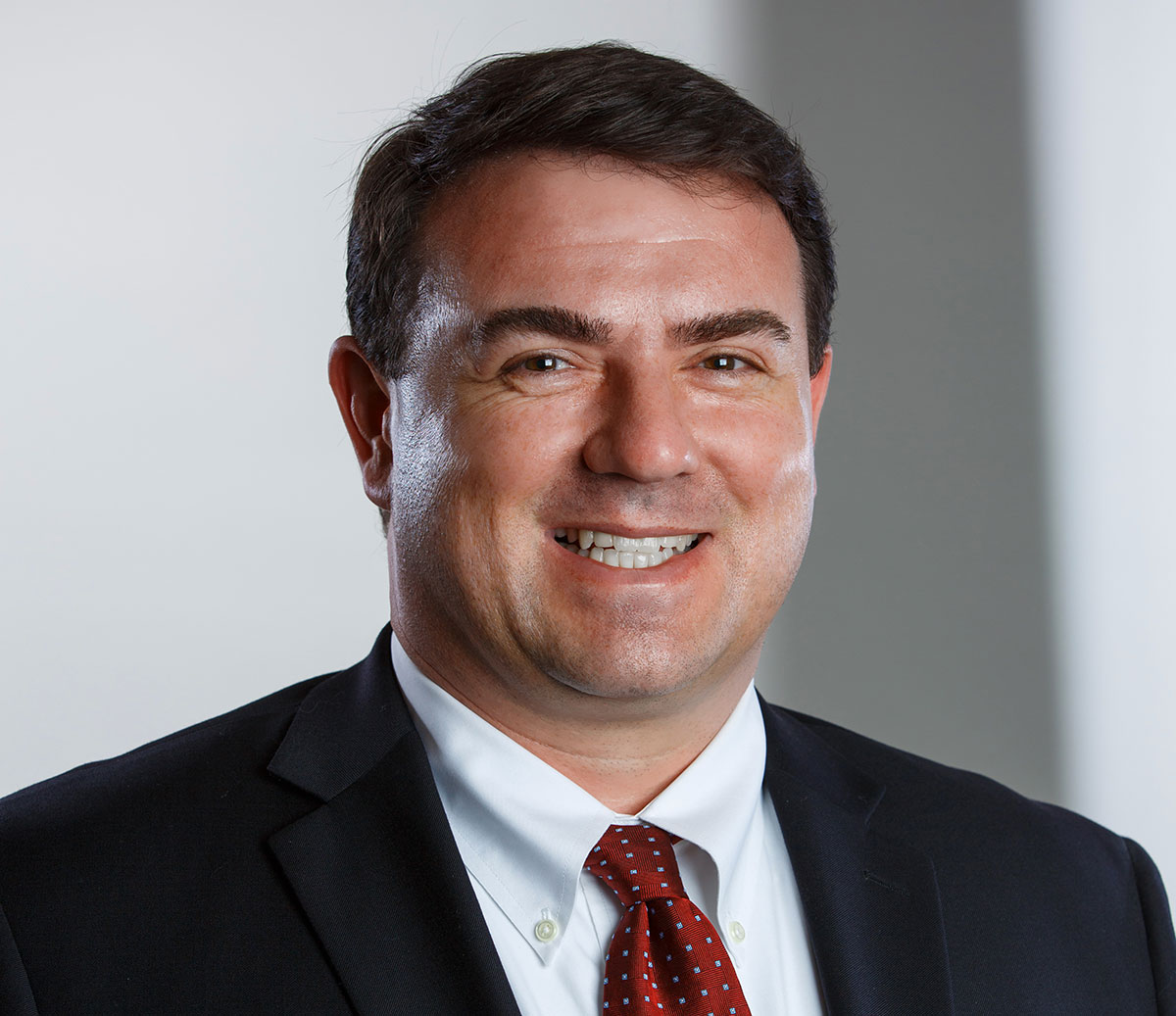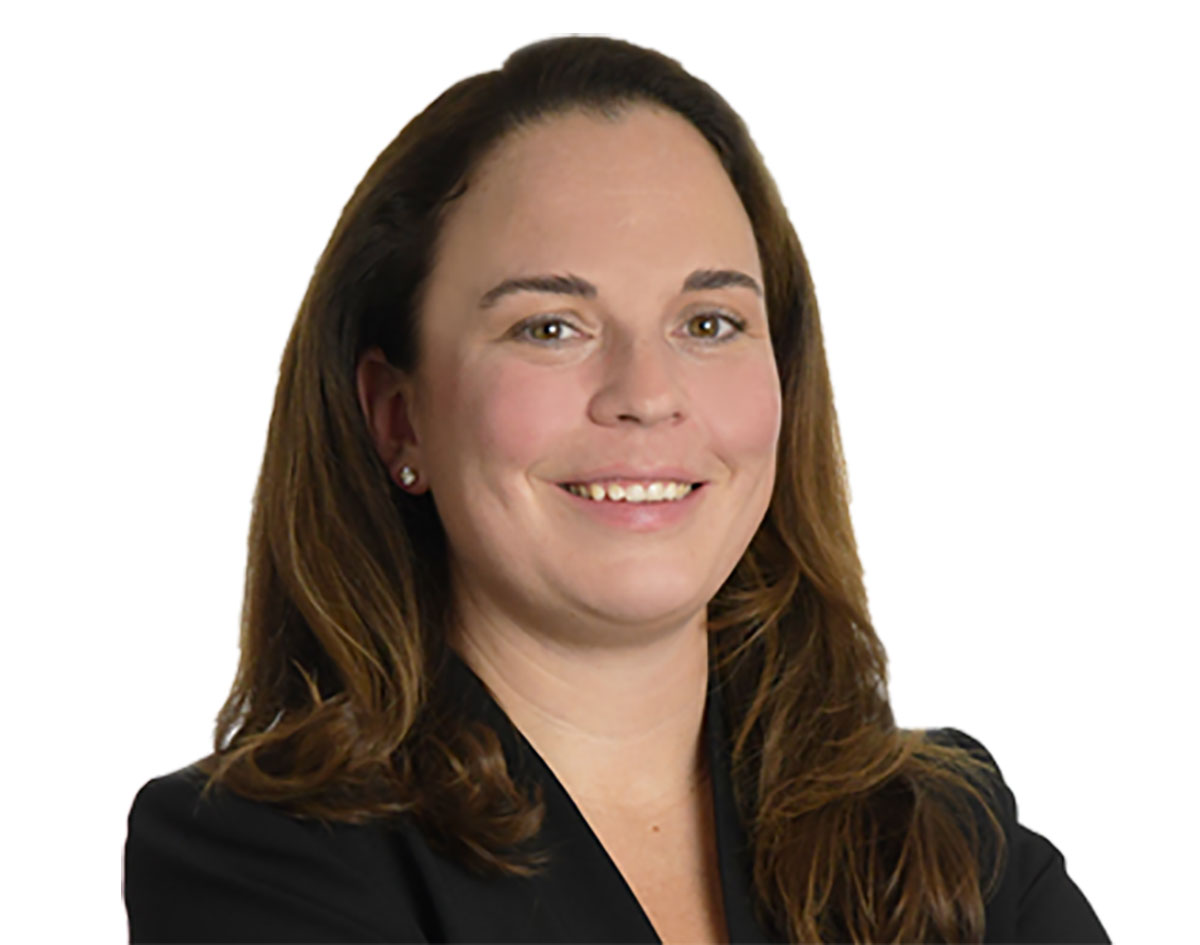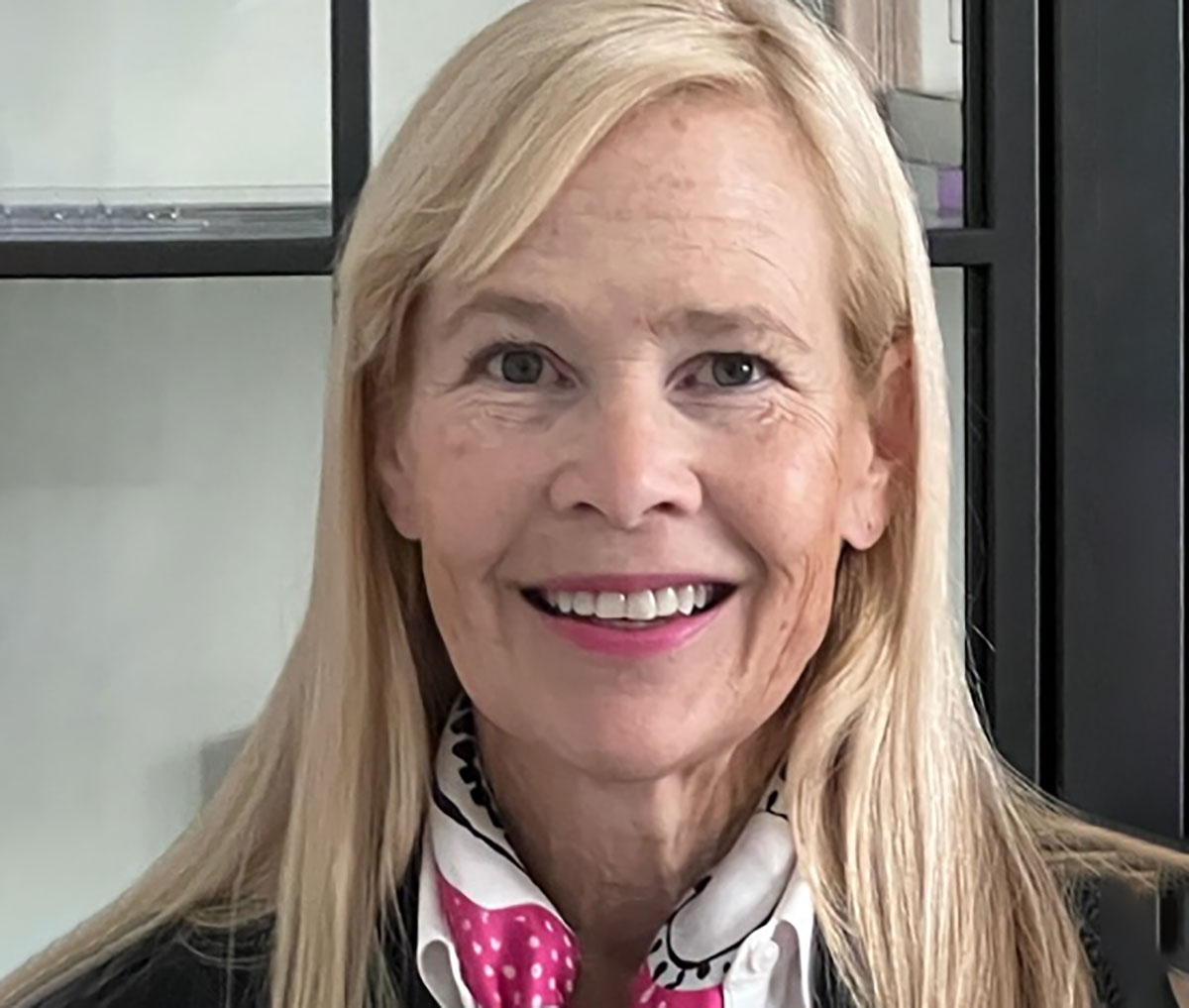
The ongoing pandemic continues to impact referrals, case filings, and law firm operations. Ongoing reliance on remote technology, innovations in software, increased investments in alternative sources such as nonfungible tokens (NFTs), and the improved economy have resulted in increased patent applications and investments outside the stock market, plus the stream of litigation that follows. The unfortunate rise in deaths in Wisconsin correlates with increased probate filings, deficit estates, and litigation between beneficiaries and creditors.
The increased demands and challenges for working through a pandemic have also highlighted the need for attorneys to focus on their own wellness.
Working remotely remains a lucrative benefit, as law firms attempt to fill vacant positions, with some solo practitioners even choosing to work remotely out of state. Lawyers in rural areas continue to bear the burden of a shortage of attorneys, which has only been exacerbated by the lack of lawyers seeking employment. Unemployment benefit cases continue to work through the system, and some municipalities are making changes to their governmental structures.
Increased Probate Administrations and Deficit Estate Filings
Last year, I wrote about the paradigm shift in the perceived necessity for people having healthcare and financial powers of attorneys in place.1 The impact of the ongoing pandemic has regrettably illustrated the continued need for advance planning.
Tell Us!
What changes in your practice area are you anticipating in the coming year? Post a comment below or email the editors at wislawmag@wisbar.org.
“According to the Centers for Disease Control and Prevention’s statistics, Wisconsin has experienced 12,937 excess deaths since February 2020.2 The truly unfortunate uptick in deaths has caused a significant increase in the filings of probate administrations,” says James E. Lewis, a sole practitioner at Lewis & Van Sickle LLC, Green Bay.
This increase in mortality and individuals’ fears of untimely death have continued to cause more people to proactively plan for their own death or disability. “Most of our clients who are requesting wills, powers of attorney, or trusts to be created have either known someone who has passed away recently or had a close family member become quite ill,” Lewis added.
“It is not only a matter of the increased filings, we are also seeing more complex probate administrations. We have seen a tragic increase in folks dying at retirement age, well before they have had the time to use the assets they saved for retirement or make lifetime gifts to their loved ones. Generally speaking, the more assets you have to distribute through an estate, the more complex the administration will be. Often there are real property, retirement accounts, and personal property assets that must be either sold or distributed, occasionally to a large number of beneficiaries. Given our current demographics, this is an area of practice that is likely to experience growth over the next 5-10 years,” Lewis says.
On the other end of the spectrum, Lewis says his firm is seeing a rise in deficit estates. Younger people are dying before they have time to pay down business debts, mortgage debts, credit cards, or hospital debts. “Although the estate may not have enough assets to pay the debts, leading to a deficit estate, sometimes family members will still seek to proceed with the administration to recover funeral and burial expenses they advanced on the estate’s behalf, to purchase an asset from the estate or sell an asset before a creditor may statutorily open an administration to do so,” Lewis explains. “People just want to ensure finality in the estate by ensuring all debts and assets have been adjudicated by the court.”
Lewis recommends that unrepresented parties handling probate administrations for the first time reach out to attorneys who frequently practice in the area of probate law. “Even an initial consultation can help identify life insurance, or other accounts that need to be administered, debts that may need to be tidied up, or other problematic issues that may arise. It is helpful to identify these concerns at the outset of an estate, especially in cases where folks decide to proceed without an estate attorney,” Lewis concludes.

According to the CDC, “Wisconsin has experienced 12,937 excess deaths since February 2020. The truly unfortunate uptick in deaths has caused a significant increase in the filings of probate administrations. It is not only a matter of the increased filings, we are also seeing more complex probate administrations.” Lewis predicts this practice area will experience growth over the next 5-10 years.
– James E. Lewis, Lewis & Van Sickle LLC, Green Bay
Decreasing the Stigma of Lawyers Seeking Help
According to the American Psychological Association’s 2021 Survey,3 “[t]he percent of psychologists who reported getting more referrals increased dramatically in the last year (from 37 percent in 2020 to 62 percent in 2021), and almost seven in 10 psychologists (68 percent) with a waitlist reported that it had grown since the start of the pandemic.”
“The pandemic caused more people to seek help, and our new virtual ways of navigating our lives with video calls or through social media have made it easier for people to talk about their own wellness,” says Emily Logan Stedman, senior associate, Husch Blackwell LLP, Milwaukee. “National and local taskforces, such as the ABA’s National Task Force on Lawyer Well-Being and the Task Force on Wisconsin Lawyer Well-being, have also helped raise awareness of the need for lawyer well-being and have decreased the stigma of lawyers seeking help. However, there are still many that need help and do not reach out for assistance.”
Stedman encourages everyone to do a self-inventory, be honest about their limits, and consider talking to others about the challenges of being a lawyer.
“A myth attorneys tell themselves, particularly young attorneys, is that no one is stressed out or anxious and that everyone else is thriving, perfect, and winning all the time,” Stedman explains. “I went along with that myth until I made the decision for my own well-being to open up and share my frame of mind with some close lawyer friends, who, in turn, also shared what they were going through. Although I felt better that I was finally comfortable opening up, I realized the great disservice we are all doing by not talking about lawyer wellness, and I became more confident in sharing my story.”
Stedman notes that attorneys are never alone and can contact the confidential helpline of the Wisconsin Lawyers Assistance Program (WisLAP), reach out to close friends or family members, or seek the services of licensed therapists at any time and for any need.
And, she says, “as attorneys remain busy, well-being sometimes slips to the sidelines, even though when pressed for time that is when well-being becomes even more important.”

The pandemic has steadily increased business litigation cases – and that “busy-ness” adds to the greater focus on lawyer well-being. “As attorneys remain busy, well-being sometimes slips to the sidelines, even though when pressed for time that is when well-being becomes even more important.” If the economy continues to flourish, Stedman expects the increase in business litigation to continue into the foreseeable future.
– Emily Logan Stedman, Husch Blackwell LLP, Milwaukee
Robust Economy Causing Litigation
Another surprise from the pandemic has been the steady increase in business litigation cases – and that “busy-ness” also adds to the greater focus on lawyer well-being.
“At the outset of the pandemic, firms were bracing for the slowdown of work. While some firms undoubtedly have been negatively impacted by the pandemic, I have seen a steady increase in litigation work,” Stedman says.
Stedman attributes the increase in litigation to the increase in business transactions, mergers, and new regulations or contract terms that were put into place in response to the pandemic.
“The pandemic created new business prospects and also provided opportunities for companies to revisit their own contract terms. When new business opportunities or changes to long-standing contract terms dramatically increase, the flow of litigation stemming from those deals or revised contracts will also naturally increase. As long as the economy continues to flourish, we expect the increase in business litigation to continue throughout the rest of the year and into the foreseeable future,” Stedman concludes.

In rural practice, “we have seen an increase in adverse-possession cases stemming from family farms and properties that have been passed down for generations to new beneficiary owners who are investigating land boundaries, and more litigation between business owners who never reduced their agreements to writing or have cases where one side seeks to change the terms of a longstanding agreement.”
– Michael Windle, Abt Swayne Law, Westby
Rural Practice and Municipal Representation
“When I was in law school, I heard about the shortage of rural attorneys, but didn’t really appreciate the problem until I took part in The Greater Wisconsin Initiative Bus Tour,” says Michael Windle, associate attorney at Abt Swayne Law, Westby. “After traveling to rural parts of the state and meeting with community leaders, I really fell in love with the idea of rural practice and moved to western Wisconsin.”
“After almost two years of rural practice, I have learned that rural practice does not lend itself to specialization. Because of the shortage of attorneys and lack of other law firms with practice specialty areas, you have to become knowledgeable in several practice areas to serve your clients. Each time a new issue is presented, I usually have to set aside time to research the law, but I also have the ability to lean on the other attorneys in the firm for their knowledge on the subject,” Windle adds.
Lawyers in rural areas have also experienced the same type of rise in litigation stemming from increased probate administrations and business disputes, similar to the experience in urban areas of the state.
“We have been experiencing an increase in adverse-possession cases stemming from family farms and properties that have been passed down for generations to new beneficiary owners who are investigating land boundaries,” Windle said. “With a relatively small investment in GPS surveys, beneficiary landowners are able to ensure their property lines are being respected or may be in a position to claim land adversely from their neighbors. We have also seen an increase in litigation between business owners who never reduced their agreements to writing or have cases where one side seeks to change the terms of a long-standing agreement,” Windle explains.
In the area of municipal representation,4 redistricting was a recent major focal point of his firm’s representation, Windle noted. The process occurs every 10 years and typically involves meeting with county leaders, reviewing census data, and developing plans within statutory guidelines. “It can be a challenge to juggle the input from the various stakeholders and elected officials, but everyone works together to create a plan that will meet the applicable legal standards,” Windle says.
Another recent trend in municipal representation has been the shift away from a county government led by a board of supervisors to a county government run by an administrator.
“When transitioning to a county administrator-led government, there are quite a few changes that need to be made in order to have a smooth transition,” Windle explained. “Much of the power that was centralized in the board of supervisors needs to be delegated to the county administrator. In turn, the new county administrator takes on new activities and typically looks for guidance to abide by the rules and regulations of the new role.”
Adding to the complexity is that the county government continues operations and still requires traditional representation (ordinance changes, labor and employment matters, guardianships and commitments), Windle noted. “Even with the complexities and different ideologies, leaders in rural communities come together to try and best develop their counties within the confines of the resources they have,” he said.

“Technology and things like phone hearings have meant an ability to practice remotely and provide legal services more efficiently, which we can pass along to clients, making our services more affordable. This is one way to extend access to justice in our state.” Johnson predicts it will take more than one year for the unemployment benefits process to catch up on backlogged claims.
– Jill L. Johnson, sole practitioner, J. Johnson Law Group L.L.C., McFarland
Remote Practice and Opportunities to Represent Underserved Residents
The pandemic gave some lawyers the option to work remotely and live in another state. In order to live out of state and practice remotely in Wisconsin without violating ethical rules, the State Bar of Wisconsin’s Professional Ethics Committee recommended5 attorneys check the rules in their out-of-state jurisdictions to ensure they were not violating unauthorized practice of law rules in their out-of-state locations.
“The Supreme Court of Florida issued an opinion6 that provided a roadmap for out-of-state attorneys to live in Florida and practice remotely in their home states,” says Jill L. Johnson, sole practitioner, J. Johnson Law Group L.L.C., McFarland. “I was already looking for a way to practice in Florida for part of the year and fortuitously, an opportunity arose to take unemployment benefit cases that had moved to telephone hearings.”
Johnson said all attorneys have been forced to be more flexible and creative while managing through the pandemic. “For me, technology and the option of things like phone hearings have meant an ability to practice remotely,” she said. “When we find ways to provide legal services more efficiently, we can pass along those efficiencies to those we serve, and this should make our services more affordable. This is just one piece of the puzzle of extending access to justice in our state.”
As an attorney, Johnson says it’s easy to forget how emotional the legal process can be for a client, especially anyone under financial pressure. “I worried at first about not meeting with clients in person, but I have found that I can still have strong connections and convey empathy just with phone calls,” she said. “The key is time. It means making myself available at the client’s convenience and then taking the time to listen carefully and answer questions.”
Johnson said her first career was in corporate communications, so she tends to think in terms of customer service and responding to the marketplace. “That is also why I offer extremely flexible payment options and meeting times on nights and weekends,” Johnson explains.
On representing underserved residents, Johnson noted that unemployment benefits cases are surging. Most people navigate unemployment benefits cases without the benefit of legal representation.
“After an initial adverse determination of benefits, an employee can appeal to an administrative law judge,” Johnson explained. “Most cases lately have been falling into two categories. One is the claimant who has already received benefits and then gets a letter stating that the claim is denied and there is quite a bit of money owed back to the state. The second category of cases involves claimants who get locked out of the electronic claim filing system and even after repeated attempts cannot file claims,” says Johnson.
Johnson said that attorneys representing an employee can often ensure the employer meets their burden of proof establishing the denial of benefits or can help establish evidence of the inability of the employee to access the mandatory claim-filing system.
She predicts that it will take more than one year for the unemployment benefits process to catch up on claims that have been backlogged in the overburdened system and hopes more attorneys will answer the call for the underrepresented. “My initial reason for taking on these types of cases was hearing from my friend, colleague and Pro Bono Attorney of the Year Victor Forberger,7 regarding the need to help those navigating the unemployment benefits process get the results they deserve. Anyone can easily pick up this practice area, and I recommend obtaining a mentor and also being as flexible as possible with your payment options,” Johnson concludes.

Nonfungible tokens seem to be the latest investment trend. “From an intellectual property standpoint, potential buyers of NFTs should understand what they are getting when they buy an NFT and what can they do with the NFT they just bought.” Agarwal predicts the NFT trend, and the number of patent applications for NFTs and other software-related inventions, will continue to grow.
– Sonal Agarwal, Foley & Lardner LLP, Madison
Emerging Practice Area: The Rise in Nonfungible Tokens and Software-related Patent Applications
You may have heard the term “nonfungible tokens” (NFTs) in the last year. While they have been around for many years, they only recently soared in popularity. Given that NFTs seem to be the latest investment trend, NFT buyers should keep several considerations in mind before acquiring one, and attorneys should start learning how to protect clients from the NFT pitfalls.
For example, “[f]rom an intellectual property standpoint, potential buyers of NFTs should understand what they are getting when they buy an NFT and what can they do with the NFT they just bought,” says Sonal Agarwal, associate attorney at Foley & Lardner LLP, Madison.
“At a high level, NFTs are units of data or tokens that are associated with underlying physical or digital assets, such as artworks, photos, drawings, songs, and so on. In other words, NFTs are unique representations of real-world assets. NFTs are stored on a blockchain, which is essentially a distributed database or ledger. The blockchain certifies the uniqueness of the NFT, so that no two NFTs are interchangeable. The blockchain also keeps track of ownership of the NFT. NFTs come with a smart contract, which is software code containing details pertaining to the associated NFT,” says Agarwal.
First, individuals should recognize that buying an NFT does not give them ownership rights in the underlying asset unless the smart contract or other sale terms specify otherwise, Agarwal notes. “Second, as part of the smart contract or other sale terms, the NFT seller may license certain intellectual property rights in the underlying asset to allow the buyer to use the NFT in certain ways. Therefore, buyers should carefully consider an NFT’s terms before buying one,” adds Agarwal.
From a patenting standpoint, inventors desiring to file patent applications for NFTs or NFT-related inventions should be aware of a challenge that they may face in the United States Patent and Trademark Office, cautions Agarwal. “One of the hurdles that all patent applications, including software-related patent applications, have to clear before being granted a patent is subject-matter eligibility,” she said. “In other words, they have to establish that the invention is directed to patentable subject matter. Specifically, applicants have to establish that their invention is not directed to a judicial exception such as an abstract idea, and if deemed so, is significantly more than the judicial exception. Subject matter eligibility is generally a bigger concern in software-related inventions,” says Agarwal.
Agarwal indicates that despite the U.S. Supreme Court repeatedly refusing to address subject-matter eligibility since it decided the seminal case of Alice Corp. v. CLS Bank International in 2014, and Congress failing to take action, “We are seeing a continuous growth in the number of patents for software-related inventions, and I expect that trend to continue. We’re now even starting to see patents in the NFT space.”
Agarwal predicts the NFT trend, as well as the number of patent applications for NFTs and other software-related inventions, will continue to grow. She’s hopeful that decisions will be issued or laws passed to help better define the patentability criteria related to software inventions.
Conclusion
As we continue to work through another pandemic year, I recommend the same advice from last year: take the time to take care of your own well-being. If you or your colleagues need to talk about any stressors in your life, please reach out to the State Bar’s Wisconsin Lawyers Assistance Program at (800) 543-2625. The hotline is available 24/7 and the phone calls are confidential.
Meet Our Contributors
What is the best advice you have for newer lawyers?
 This may be a self-serving answer, but I think newer attorneys should reach out to Practice411™ for a confidential consultation. Practice411 provides advice on a wide range of matters affecting new lawyers, such as starting a law firm, navigating the culture of an existing firm, excelling in your work as a new lawyer, networking, marketing, and technology, to name a few. Moreover, I know what it is like to be a new lawyer and I can help solve challenges that I have faced or provide experience from my education and prior experience being a manager in a law firm.
This may be a self-serving answer, but I think newer attorneys should reach out to Practice411™ for a confidential consultation. Practice411 provides advice on a wide range of matters affecting new lawyers, such as starting a law firm, navigating the culture of an existing firm, excelling in your work as a new lawyer, networking, marketing, and technology, to name a few. Moreover, I know what it is like to be a new lawyer and I can help solve challenges that I have faced or provide experience from my education and prior experience being a manager in a law firm.
Contact the State Bar of Wisconsin’s Practice411™ at (800) 957-4670 or practicehelp@wisbar.org.
Christopher C. Shattuck, law practice assistance manager, State Bar of Wisconsin, Madison.
Become a contributor! Are you working on an interesting case? Have a practice tip to share? There are several ways to contribute to Wisconsin Lawyer. To discuss a topic idea, contact Managing Editor Karlé Lester at (800) 444-9404, ext. 6127, or email klester@wisbar.org. Check out our writing and submission guidelines.
Endnotes
1 See Christopher C. Shattuck, What’s Hot, What’s Not: Wisconsin Practice Trends 2021, Wis. Law., Feb. 2021.
2 CDC, Excess Deaths Associated with COVID-19, www.cdc.gov/nchs/nvss/vsrr/covid19/excess_deaths.htm (last revised Jan. 19, 2022).
3 Am. Psych. Ass’n, Worsening Mental Health Crisis Pressures Psychologist Workforce: 2021 COVID-19 Practitioner Survey, www.apa.org/pubs/reports/practitioner/covid-19-2021 (last visited Jan. 20, 2022).
4 The quoted opinions provided by Windle are the author’s alone and do not reflect the views of the firm’s represented municipal clients.
5 See Wis. Formal Ethics Op. EF-21-02: Working remotely, www.wisbar.org/ethop.
6 See Florida Bar Re: Advisory Opinion – Out-Of-State Attorney Working Remotely from Florida Home (May 20, 2021), www.floridasupremecourt.org/content/download/743446/opinion/sc20-1220.pdf.
7 See www.youtube.com/watch?v=3FyN1Ka79yk&t=7s.
» Cite this article: 95 Wis. Law. 28-34 (February 2022).
